Beginner's vegetable planting guide South Africa (farming)
Organic vegetable gardening is an activity that is simple and challenging at the same time. This venture requires commitment and hard work. The simplest part of it is that one can practice it in small containers. The yields from gardening are also good, if only you familiarize yourself with the vegetable planting guide in South Africa.
PAY ATTENTION: Click “See First” under the “Following” tab to see Briefly News on your News Feed!
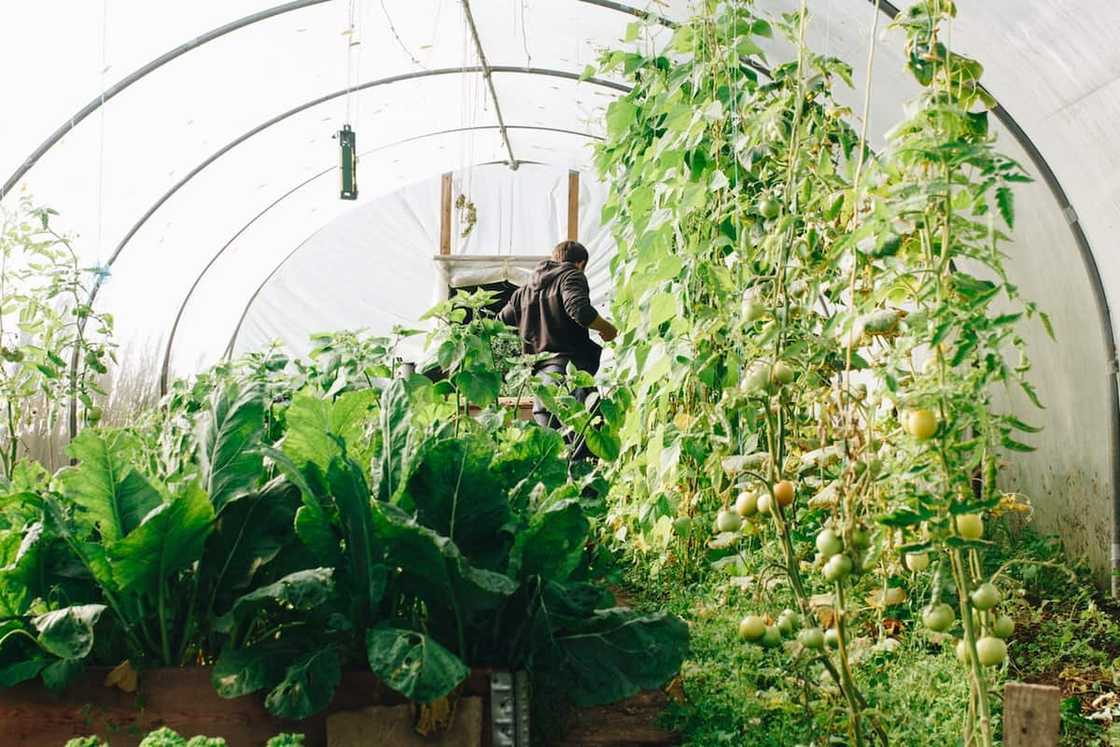
Source: UGC
South Africa has areas that can support agriculture perfectly. While practising agriculture, there are vital factors that one should be keen to consider, among them the climatic conditions and seasons in the country. For vegetable farming, a prospective farmer should consider going through the vegetable planting guide in South Africa. This guide will ensure that he or she makes the right decisions in the venture.
Vegetable gardening South Africa beginners
Vegetable gardening is an exciting venture. It requires effort and commitment, although the yields of this venture are worth it. The most exciting fact about vegetable gardening is that it is diverse. A farmer can grow a wide variety of vegetables like; tomatoes, lettuce, peas, carrots, cucumbers, radishes, peppers, onions, and beans.
Tips on how to grow your garden
If you wish to try out vegetable gardening, there are essential factors that you should take into consideration. These factors are;
Enjoy reading our stories? Download the BRIEFLY NEWS app on Google Play now and stay up-to-date with major South African news!
The soil
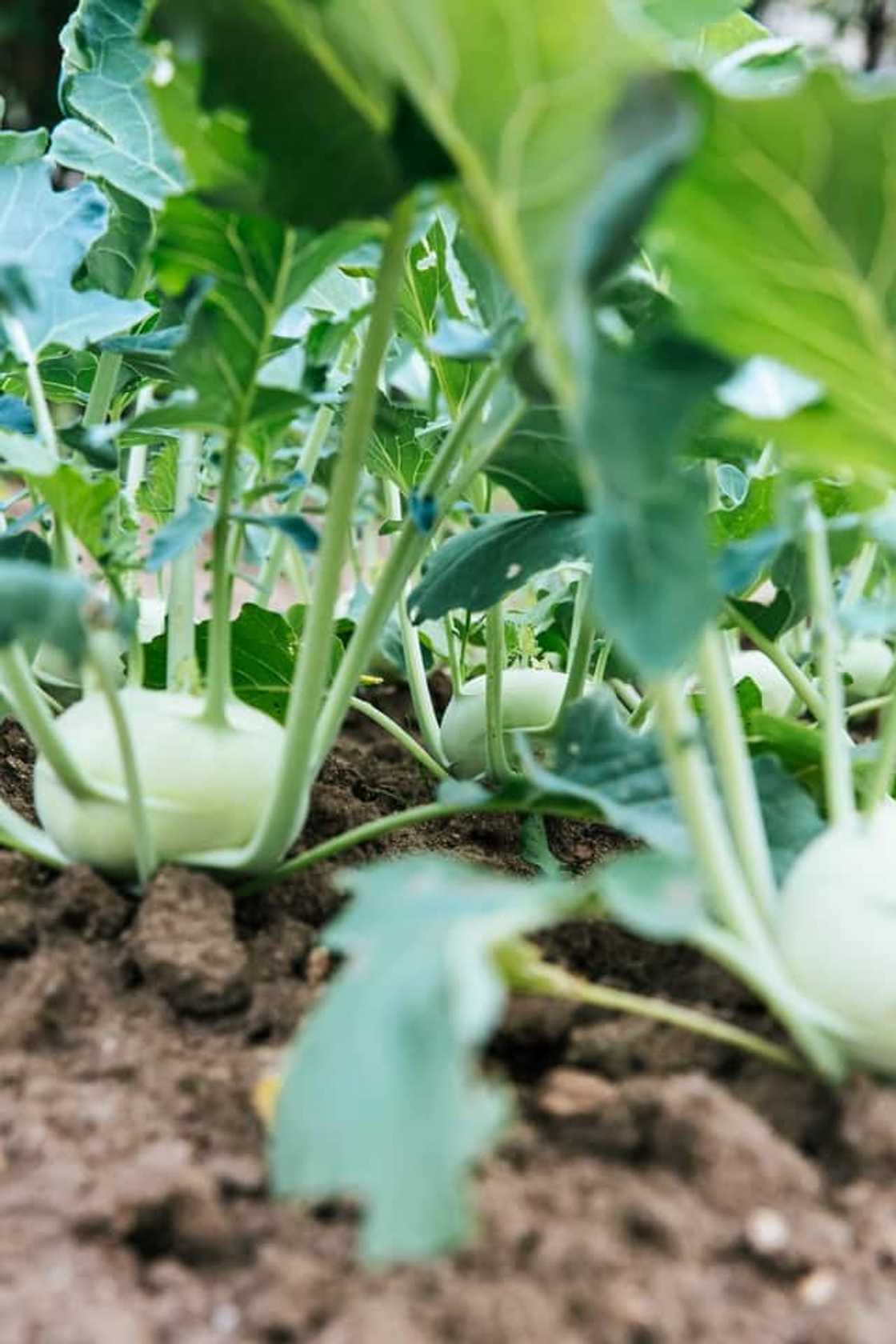
Source: UGC
The soil has the most significant influence on the quality of vegetables that you will produce. The soil provides an anchor for the plants. It also contains nutrients that the plants require for growth. To obtain the best quality of products, you should ensure that the soil that you intend to use for your project is high in nutrients. You should also ensure that it has a high tolerance to diseases and attacks by bugs since the quality of your plants entirely depends on the soil.
Alternatively, if your soils do not possess high nutrient contents, you can always modify them. Improving the soil nutrient content is not a complicated process. The simplest way is by adding organic matter to your soils. As the matter decomposes, it turns into nutrients that will be helpful to your soil and vegetables at large.
The location and size of your garden
The location of your garden also plays a significant role in determining the quality of vegetables that you will produce. For your vegetables to flourish, there has to be an ambient environment. The ambience is influenced by the following factors; wind, sun, water, and spacing of your plants. Your garden should be situated in a place that is not prone to wind. Windy conditions can be too harsh on your vegetables and cause them to break before they mature. You can alternatively plant trees around your garden to act as windbreakers.
Exposure to the sun is another important aspect. Your garden should be located in an area that gets at least eight hours of exposure to the sun daily. The sun is a crucial component of photosynthesis. The exposure should also not be excessive as it may cause the water in the soil to evaporate and interfere with the mineral uptake of the plants from the soil.
Water is another essential factor that a plant requires for it to grow. Water influences the growth process of the plant. It is therefore mandatory that there is a constant supply of water for your vegetables to grow.
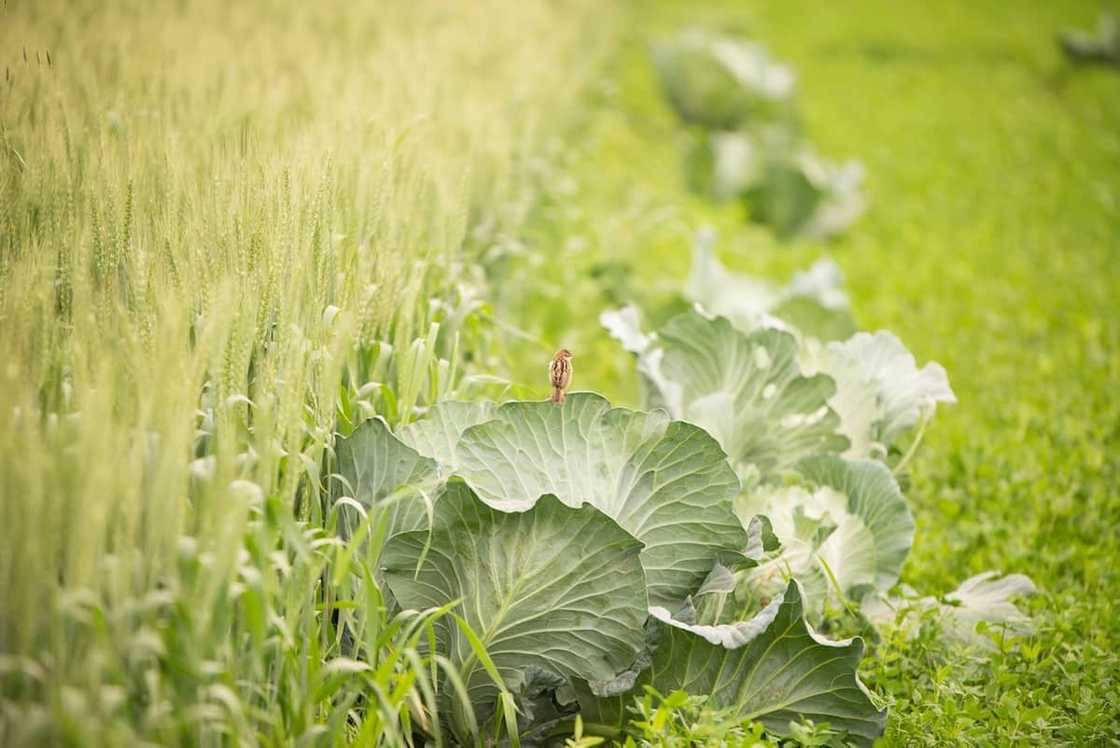
Source: UGC
The spacing of your vegetables is also another factor that may affect the growth of your vegetables. When planting your vegetables, you should space the crops adequately to allow space for them to grow, and also enough space for your access during harvesting.
For the size of your garden, it is easier to grow vegetables in a small garden. Small yards are easier to look after, especially for beginners. With time, you can opt to expand the size of your garden. In case you do not have enough space to grow your vegetables, you can make use of containers as they require very little space and are easier to take care of. Some of the vegetables that can thrive in containers include; red peppers, mini sweet bell peppers, and cucumbers.
The season
Before you get into your project, make sure that you are aware of the climatic characteristics of the area you wish to practice gardening. Being informed on this will save you the cost of wasting your resources by planting crops during the wrong season. Also, it is wise to focus on the vegetables that thrive in the climate of the area you are in.
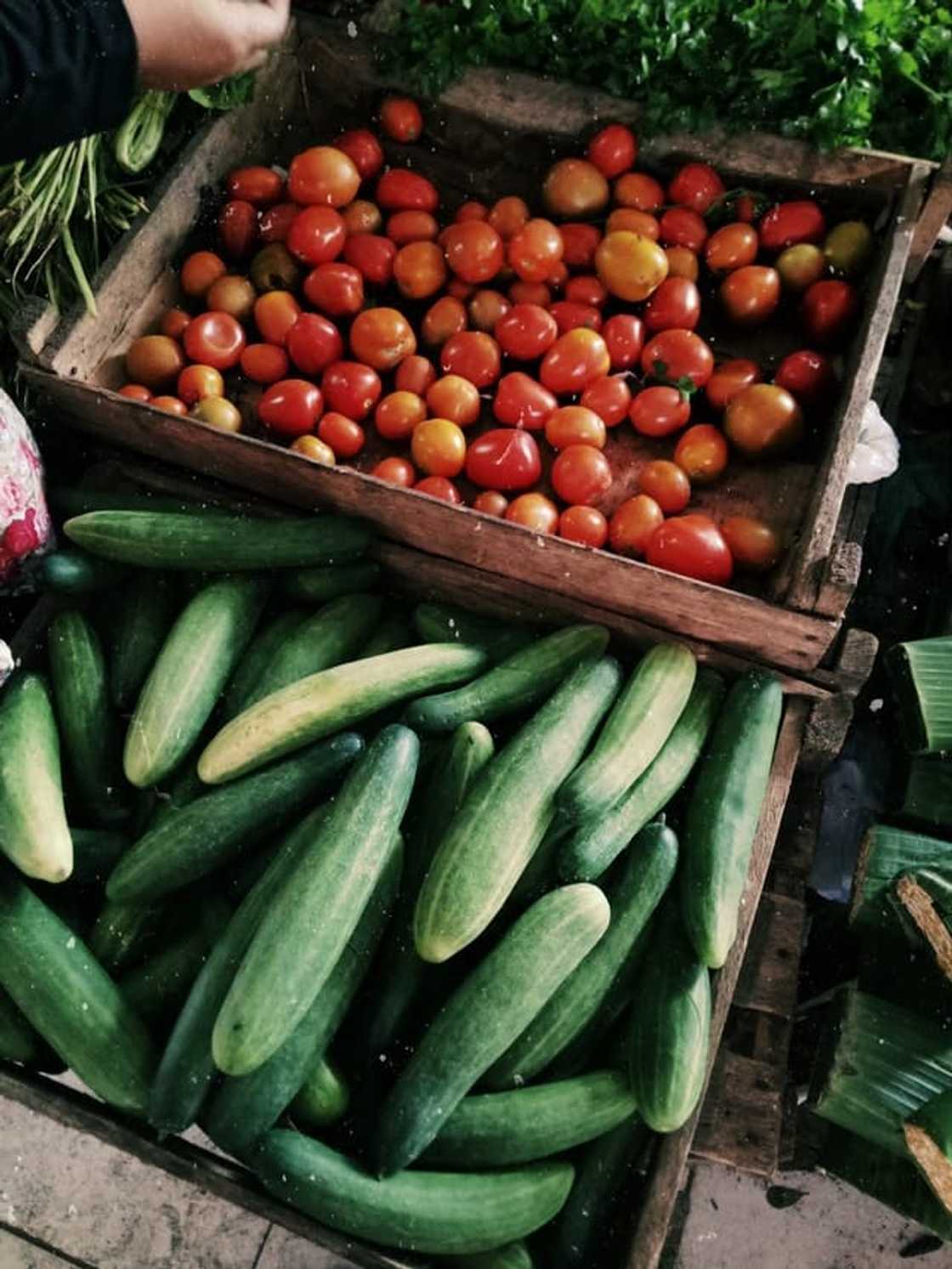
Source: UGC
The most critical factor of gardening is caring for your crops. Unlike most crops, vegetables require extra care. To maximize your yield, you can make use of organic manure during the growth process of the crop. To add to it, you should also pay focus on the weeds that come up in your garden. For cases where rainwater is insufficient, you can go the extra mile to water your garden.
Gardening is, however, full of uncertainties. You should have an open mind while practising it as there are times when your vegetables might fail you. There are times that there might be changes in the weather patterns that affect your vegetables.
Organic seeds South Africa
Organic seeds South Africa is an organization that conducts research and sells organic seeds. These seeds are of different types. They range from heirloom, hybrid, and open-pollinated seeds. Most people who intend to try gardening do not have clear information on what differentiates these seeds.
What is an heirloom seed?
Regarding vegetables, heirloom seeds are open-pollinated seeds. This means that the seeds from a particular season will yield plants that have most of the features of the parent plant. Hybrid seeds, on the other hand, are a special breed that does not go through open pollination. Hence the newly produced seed does not have the features of the parent plant. Hybrid species are created to provide seeds that have a higher yield and can resist diseases. They, however, are not genetically modified species.
Open-pollinated seeds are those whose pollination occurs through natural means like through the influence of insects, wind, human beings or birds. The seeds that are produced through this method tend to be more genetically diverse. They also have a high likelihood of adapting to different growing conditions.
Organic seeds South Africa sells all these varieties of seeds, so if you are planning on starting a gardening project, you can buy seeds from them.
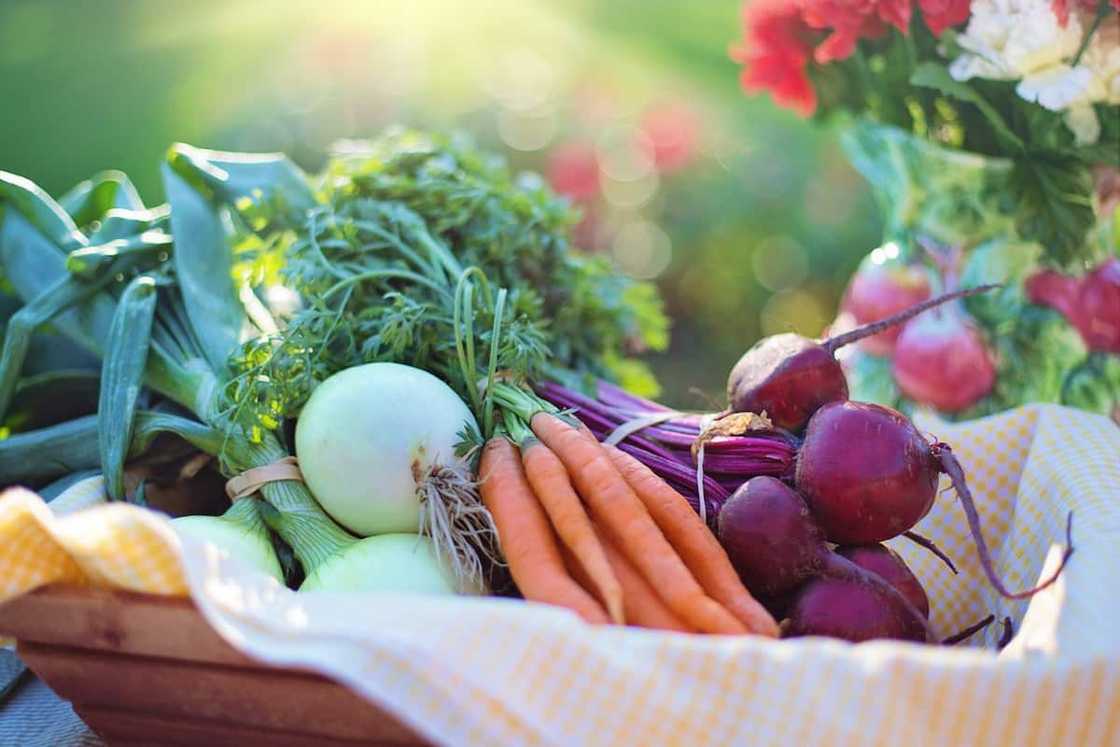
Source: UGC
Agriculture is a lucrative venture. It, however, might bring you losses if you do not conduct a background check before trying it out. For that reason, going through the vegetable planting guide South Africa might go a long way for you.
Source: Briefly News



